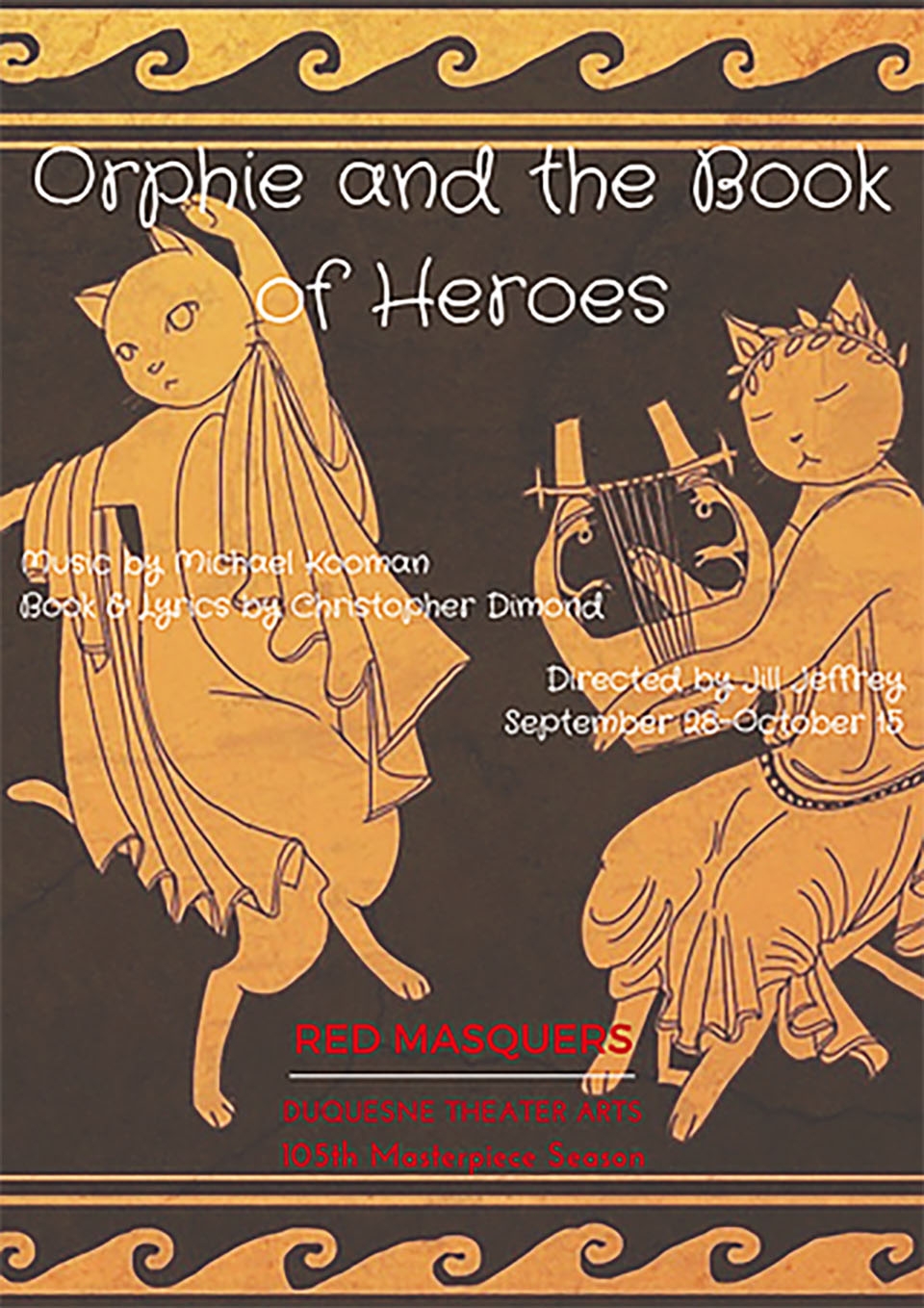
02/21/2019
By Duke Staff
The Democrat-Reporter, a newspaper in the western Alabama town of Linden, expanded its small readership this week with an editorial that forced its way into the mainstream news cycle by beginning with the sentence, “Time for the Ku Klux Klan to ride again.”
The op-ed called for the return of the infamous white supremacist group to “raid the gated communities” of Alabama Democrats and “Democrats in the Republican Party,” who the unsigned editorial accused of “plotting to raise taxes.” Though the piece ran on Feb. 14, it went largely unnoticed until student journalists posted photos of it on Monday. By Tuesday morning, it occupied front pages and news chyrons across the country.
Long time editor and publisher of the Democrat-Reporter, Goodloe Sutton, confirmed to several outlets that he was the mind behind the disturbing article and threw even more gas on the fire by saying “If we could get the Klan to go up there and clean out D.C., we’d all been better off … we’ll get the hemp ropes out, loop them over a tall limb and hang all of them,” in an interview with the Montgomery Advertiser.
Though there have already been calls from journalists across the country and Alabama lawmakers (including Democrat Rep. Terri Sewell, who represents the district that Linden falls in) for Sutton to apologize and resign from his post, this incident speaks to a much larger societal issue; giving hate a public platform.
While the Democrat-Reporter’s editorial page may be considered an extreme example, it falls within the confines of the national conversation surrounding hateful op-eds making their way onto editorial pages across the country. This hits home in Pittsburgh, as we have seen our share of controversial, over the line editorials within the page’s of the Post-Gazette — one may recall the “Reason as Racism” opinion piece that ran in the paper on Martin Luther King Day in 2018.
As journalists, we understand and respect the need for a robust opinions section that represents viewpoints from across the political spectrum. However, we are at a point at which we require a redefinition of a valid opinion, and what is just revolting rhetoric. The latter has no place being published on any platform, because if we start to elevate hate speech as a legitimate viewpoint, we allow it to start becoming normal.
Free speech and hate speech must occupy different parts of our discourse; the two have been intertwined for far too long. Free speech ensures the right of individuals to express their opinions whether or not the governing bodies, from the White House to the editorial page of a small newspaper, agree. Hate speech, though, goes beyond the well-intentioned and delves deeply into dangerous waters. Editorials like the one ran in the Democrat-Reporter prey upon historical horrors and serve no purpose other than to give hate a platform it doesn’t need. We, as journalists, must be responsible when we exercise our right to write.




